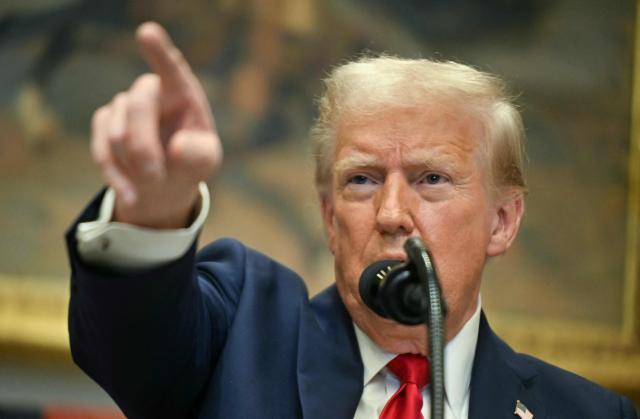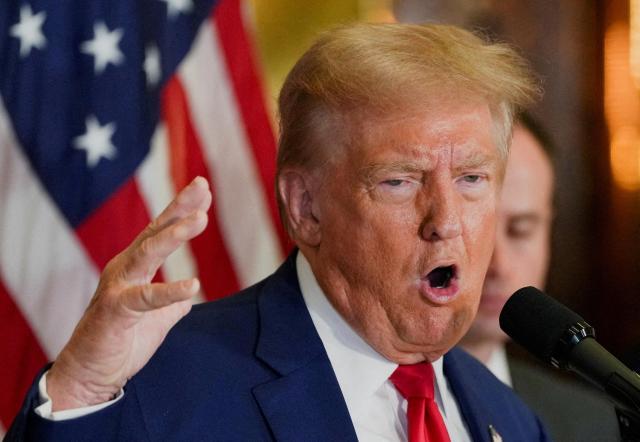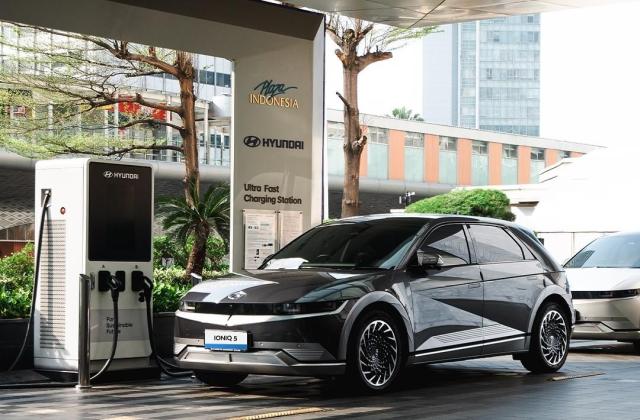
Trump’s rollback of Biden-era clean energy initiatives, notably the Inflation Reduction Act (IRA), threatens to upend subsidies critical to the EV industry.
The IRA currently offers tax credits of up to $7,500 for EVs manufactured in the United States, a key factor behind Hyundai Motor Group’s $12.6 billion investment in its Georgia Metaplant. Completed last year, the facility was built with the expectation of benefiting from these incentives.
Korean battery manufacturers face a similarly uncertain future. Reports indicate that the Trump administration is reassessing federal support for the EV supply chain, which it argues undermines free-market principles.
Such a move could eliminate the Advanced Manufacturing Production Credit (AMPC), which refunds $35 per kilowatt-hour for battery cells and $10 per module produced in the United States. The potential rollback could hit industry giants like LG Energy Solution, which has already reaped over 1 trillion won ($696.3 million) in benefits.
“The electric vehicle market contraction could hit the battery industry even harder, as it is heavily dependent on EV demand,” said Cho Cheol, a senior researcher at the Korea Institute for Industrial Economics & Trade.
The proposed policies could also disrupt Korean companies operating in Mexico. Kia Motors, for instance, exports 150,000 vehicles annually from its Monterrey plant to the U.S., but the 25 percent tariff could erode its price competitiveness. Trump justified the tariff as a measure to combat what he described as an “invasion” of illegal immigration.
Electronics manufacturers like Samsung and LG are also reassessing their strategies. Both companies are reportedly considering relocating production from Mexico to their U.S. facilities in South Carolina and Tennessee, respectively.
The broader impact is significant for the roughly 2,000 Korean companies with operations in Mexico. Their investments, which surged from $11 million in 2020 to $396 million in 2022 under the U.S.–Mexico–Canada Agreement (USMCA), now face new risks.
Still, dismantling the IRA entirely could face political resistance, industry insiders suggest. Republican lawmakers from states housing major battery plants, such as Michigan and Ohio, may oppose the changes due to potential job losses in their constituencies.
Copyright ⓒ Aju Press All rights reserved.





View more comments